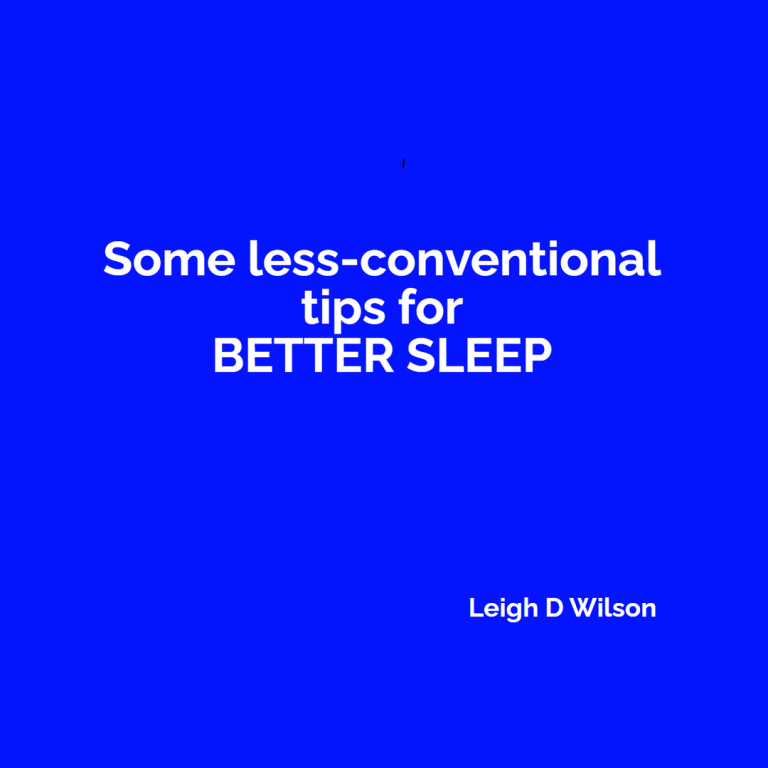All mammals, birds, reptiles, amphibians, and some fish, and, in some form, insects and even in simpler animals such as nematodes have to sleep in order to survive.
Yet while sleeping, they are more vulnerable to predators, less able to defend themselves immediately upon awaking, unable to mate and therefore perpetuate the species, unable to feed and nourish themselves etc.
So there are many reasons why sleep appears to be a bad idea from an evolutionary and survival perspective, and yet despite many millions and millions of years of evolution, nature has chose not to evolve us to not require sleep.
Therefore, we can assume that sleep is an absolutely fundamental to our existence at a very deep and basic level, every bit as fundamental as the need to eat.
With that in mind, here are a few less-conventional research-based tips to help you with your sleep:
After a poor night’s sleep, or a night in which you did not get your usual amount of sleep, do nothing to try and make up for the lost sleep. Do not nap, do not go to bed any earlier than usual or do anything else to try to catch up the lost sleep. This is because doing so will disturb your circadian rhythm and effect your sleep for several nights to come.
Just as an aircraft goes through a series of manoeuvres to land safely, devise a ‘going-to-bed’ routine that works for you and follow it faithfully so that you ‘land’ quickly and efficiently in a state of high-quality sleep. This will not only make it much easier to get to sleep but will also help promote better sleep.
During the middle of the night, our worries can seem even more troublesome and perhaps fearsome. This is because the brain chemicals that usually moderate those fears and give as clearer insight into reality are not functioning as they do during our waking hours.
So it’s very important not to place too much credence on our fears during the night.
One way to prevent this is to maintain a ‘worry journal’ in which you jot down all your worries an hour or two before going to bed, getting them out of your head onto the page so that you don’t have to carry them around in your mind and are less likely to disturb your sleep.
However, don’t do this to close to bedtime because it might flood your mind with your worries as you are going to sleep.
Research this practice has shown that this can the time it takes for people who usually have difficulty getting to sleep improved by about 50%.
If you wake during the night, do not count sheep in order to get back to sleep or go through other similar counting routines. Instead, to redirect your thoughts and make it easier to fall back to sleep again, it is better to mentally visualize to travelling on a journey somewhere – perhaps a trip around your neighbourhood.
Finally, remove all clock faces from your bedroom because knowing the time will not help you get to sleep or maintain it in any way whatsoever.
Note: This is a summary I made of some tips offered by Dr. Matt Walker, Professor of Neuroscience and Psychology and the Founder & Director of the Center for Human Sleep Science at the University of California, Berkeley, in a podcast with Prof Andrew Huberman.
#feelingstuck #selfdoubt #worry #stress #anxiety #selfconfidence #overwhelm #procrastination #burnout










